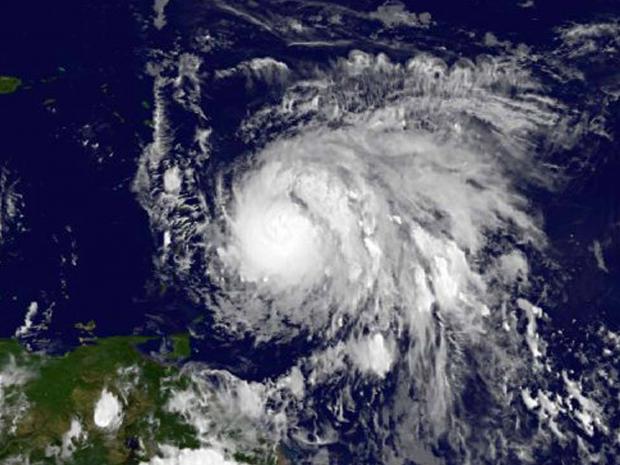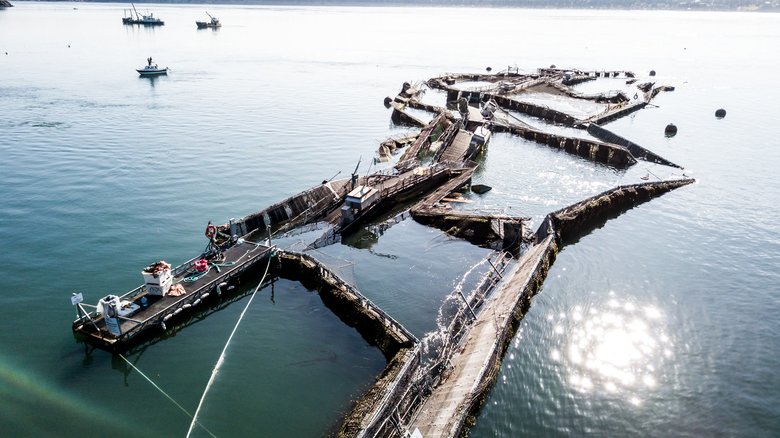By Sophia Simeone
International News Editor
The siege of the Syrian city of Aleppo reached its fifth day on Tuesday, as Russian and Syrian governmental forces continue to launch deadly aerial assaults against the rebel-held areas of the city. This comes one week after the dissolution of the fragile cease-fire brokered between Secretary of State John Kerry and his Russian counterpart Sergey Lavrov.
Residents and aid workers on the ground are calling this offensive perhaps the worst yet in the course of the five-year war. Within the first 72 hours of the attacks, an estimated 140 people were killed and hundreds more injured.
Since 2011, the war in Syria has claimed hundreds of thousands of lives and displaced an estimated 10 million people–more than half of the country’s pre-war population.

The bombardment of Aleppo has been devastating, obliterating buildings and turning entire neighborhoods to rubble. The air strikes also destroyed a crucial pumping station, leaving two million residents without fresh water, says the United Nations. The population is now dependent on oft-contaminated well water, increasing the risk of disease outbreaks.
The breadth of the devastation is due in part to Russia’s employment of uniquely destructive “bunker-busting bombs,” designed to destroy targets deep underground. The Russian models weigh about a ton and are capable of penetrating up to six feet of reinforced concrete.
“Bunker-busting bombs, more suited to destroying military installations, are now destroying homes, decimating bomb shelters, crippling, maiming, killing dozens, if not hundreds,” said Matthew Rycroft, Britain’s ambassador to the United Nations, at an emergency meeting of the United Nations Security Council on Sunday. Rycroft went on to say it was “difficult to deny” Russia was guilty of committing war crimes.
Rycroft and his American and French counterparts, Samatha Power and François Delattre, walked out in protest before the representative from the Syrian government began speaking.
Indeed, the Syrian and Russian forces seem to be making a point of striking targets essential to preserving health and quality of life. On Friday, the same day the Syrian government declared an end to the truce, an UN humanitarian aid convoy was bombed. The UN later suspended all aid convoys into the city. At least 18 trucks were hit, killing around 20 civilians and one aid worker.
The use of bunker-busting bombs has also endangered school, orphanages, and hospitals that have relocated underground in order to escape the devastation above.
Russia and Syria show no sign of backing down, determined to drive rebel forces out of the strategically valuable city. Meanwhile, the death count continues to grow.
“What has happened over the last three days is indescribable,” Mohammad Abu Rajab, a doctor situated in eastern Aleppo, told the Guardian on Monday. “We are standing before inhumanity, real massacres, extraordinary weapons whose blasts we never heard before, never heard before ever. They make the ground shake beneath our feet.”














